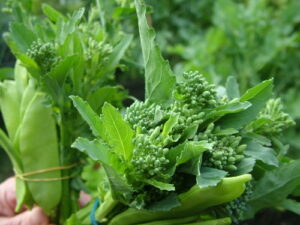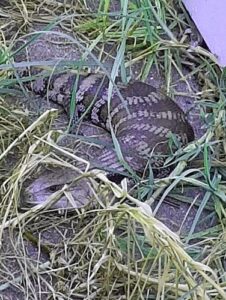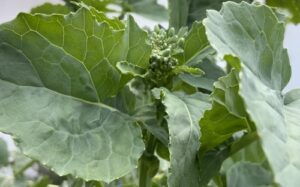Every year around this time, I make a batch of soap. It’s not a huge job but it is one for the list, by the time I remember to get the ingredients and save cartons for moulds, spend an hour or so making the soap then another hour or so cleaning up, remember to stir, then find a place to cure the finished soap away from the creatures that think that it is literally good enough to eat!
So it takes, not so much time as focus, and there’s only so many focuses you can add before you start spreading yourself too thin.
It’s so worth it though. I get about 50 bars of soap from a recipe. If I double it, it’s enough for Christmas presents for everyone and a year’s supply for us. I use it in the shower and bath, and the scraps and gratings to make liquid soap for the washbasin. I’m so spoiled by it now that commercial soap feels and smells tacky to me. But it’s the Chistmas presents that really make it worthwhile. The commercialisation of Christmas is so far gone that unless I handmake presents, I’m a total Grinch. But Christmas in Australia is in the middle of summer, not the middle of the season of long crafty evenings, so making can turn into a major stress if you’re not careful. I’ve made the luxury handmade soap gift into a kind of tradition now, but it is so nice, such a treat, that people look forward to it.
There are lots of good recipes for home-made soap out there. I posted mine last year, here, if you want to try it.
What I really wanted to talk about though, is that idea of choosing what to focus on, and spreading yourself too thin. A line from a Frugal Trenches post a month ago has been echoing for me: “I’ve heard friends, co-workers and people in the media say that they feel overwhelmed at the thought of making their own soap, recycling, composting or cooking from scratch.” To me it is all so rewarding that it is worth it, but I can see how it could be overwhelming, how handmaking Christmas presents to avoid contributing to the commercial frenzy could be just one more thing to guiltily not do.
I think the answer is in realising that there is a huge amount of skill and knowledge in living a simple, green,, frugal life. This is not peasant unskilled labour. This is application of intelligence, design, creative thinking, experimentation, research and practice to deeply held values. The first few times you make soap, it will take days of focus – deciding whether it is worthwhile, finding the right recipes, trialing them, figuring out what went wrong, getting the knack, documenting the process so you remember for next time. But by now, if you are me, you fish out last year’s recipe, check the notes, add any new ideas that have come up since, and know that it will work.
Step by step, process by process, we learn how to match sustainable ecological processes with sustainable personal processes. Each time we solve a problem, master a skill, learn a system, we do a little dance for joy. Things start to become routine – I make bread twice a week, I plant Corno de Toro peppers every October, I make soap once a year, in time for Christmas. And each routine frees up time and money, so the process is exponential.
Simplicity is often deceptive. Simplicity is elegant, refined, efficient, beautifully designed, and highly skilled. Simplicity is the mark of a master. Don’t underestimate it.



